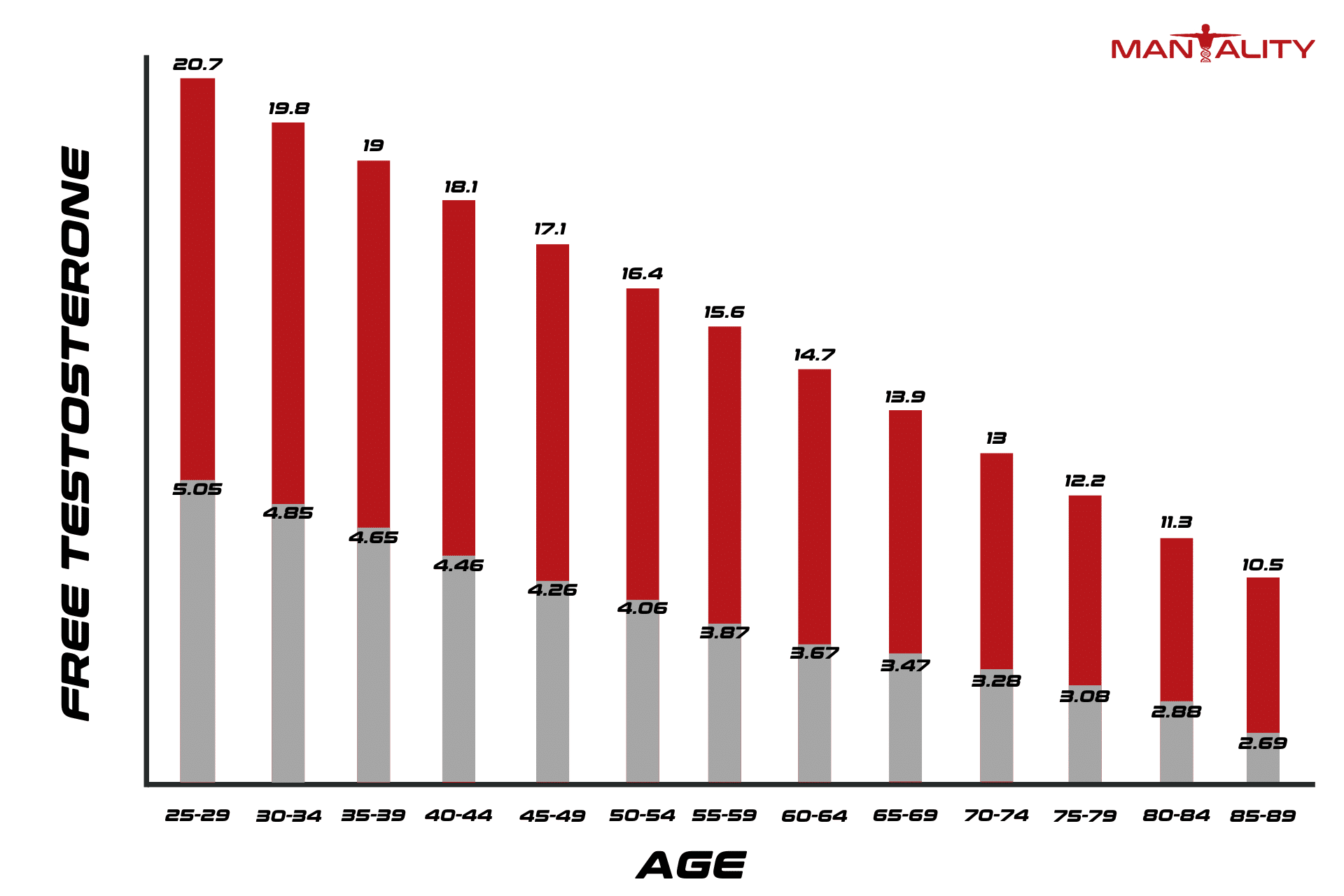Low libido is a term used to describe a decrease in sex drive that can interfere with sexual activity. While low libido can cause tension in a relationship, fostering doubt and guilt in both partners, it can often be treated if the underlying cause is identified.
Physical issues that can cause low libido include low testosterone, prescription medicines, too little or too much exercise, and alcohol and drug use. Psychological issues can include depression, stress, and problems in your relationship.
Low libido should not be confused with erectile dysfunction (ED), although the two conditions can co-exist. Communication and honesty are needed for a couple to cope while identifying the possible causes. Treatment can vary and may involve psychotherapy, hormone replacement, lifestyle changes, or the adjustment of drug therapies.
Low Testosterone
Testosterone is a hormone that plays a crucial role in libido, or sex drive. While it’s normal for a man’s libido to decrease with age, low testosterone levels can also greatly reduce the desire to have sex. A diminishing sex drive occurs naturally with age, but when the cause is low testosterone, a man will notice a significant decrease in the desire for sex.
Since low testosterone can occur at any age, for a number of reasons, if you notice a change in your sexual desires, it’s beneficial to talk to your doctor about the possibility of testosterone imbalances.
How Medications Impact Libido
Medication side effects are common causes of low libido in men. These may include entire classes of drugs that can affect a man’s sex drive to varying degrees. Common culprits include statins, beta-blockers, antidepressants, antipsychotics, benzodiazepines, and anticonvulsants.
Depression and Low Libido
Depression and low libido may go hand-in-hand. Depression is often the cause of a reduced sex drive but may also be the consequence, making a tough situation worse. While psychotherapy may be effective in treating depression, antidepressant medications can often exacerbate rather than improve the loss of libido. Switching drugs or reducing the dosage can sometimes help, but the side effects aren’t immediate, and skipping or delaying a dose won’t help. If you are depressed, it is important to discuss your libido with your doctor and to talk about how medications may impact your sex drive.
The Effects of Chronic Illness
Chronic illness can take a toll on your sex drive both physically and emotionally. This is especially true with conditions for which there is chronic pain or fatigue, including rheumatoid arthritis, fibromyalgia, cancer, and chronic fatigue syndrome.
When it comes to chronic illness and the loss of sexual function, there is rarely a straight line between cause and treatment. On the one hand, chronic illness is associated with an increased risk of depression, while on the other, it can directly interfere with hormonal, neurological, or vascular functions central to the male sex drive.
Stress and Sleep Disorders
While stress can impair sexual interest by literally driving you to distraction, its effect on the sex drive is more insidious. Stress triggers the production of cortisol, a hormone that functions rather like a body’s built-in alarm system. Cortisol not only causes the constriction of blood vessels, contributing to ED, it can also cause a precipitous drop in testosterone.
Stress is also linked to insomnia and other sleep abnormalities, which can increase the risk of fatigue and leave you less interested in sex.
Treatment for Low Testosterone
If you’re experiencing a low sex drive, it’s important to first talk to your doctor. Many of these symptoms are common and could be reflective of other problems. To ensure that you’re getting the proper treatment, a medical diagnosis is needed. At Mantality Health, our doctors will facilitate a series of tests, review your individual health history and provide a medical diagnosis to confirm if you are suffering from low testosterone, only then we will we proceed with treatment.
Get in Touch
Get in touch with us through our contact page as we are available for telemedicine!




